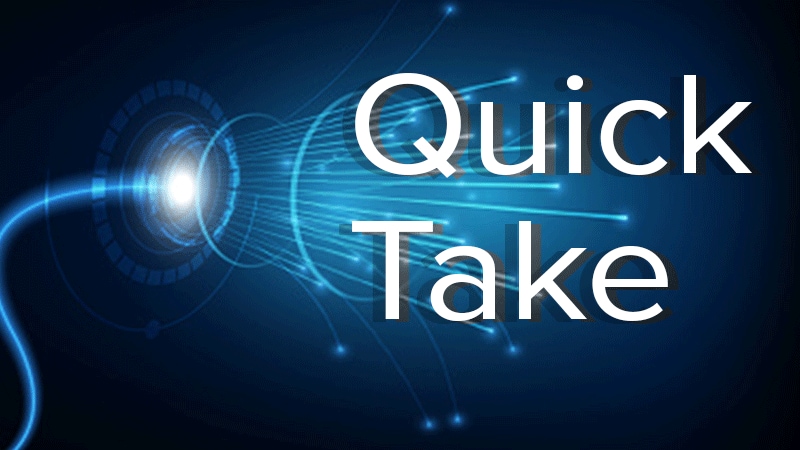A newly discovered neuron appears to be responsible for the formation of our memories, according to new studies conducted at the Department of Biomedicine at Aarhus University and Stanford University.
What to know:
-
Memories are represented by brief, high-frequency electrical events called sharp wave ripples (SWRs), which occur in the part of the brain called the hippocampus.
-
GABAergic neurons control brain signals, and a newly discovered neuron in the hippocampus of a mouse is believed to be a dedicated circuit element to episodic memory.
-
The new discovery is called theta off-ripples on (TOROs). They exhibit high-frequency activity during SWRs but stay silent during theta rhythm–associated behavioral states.
-
TOROs are activated by other types of neurons in the hippocampus and are inhibited by inputs from other brain areas, such as the septum and the cortex, propagating the SWR information broadly in the brain and signaling that a memory event has occurred.
-
Discovering TOROs enhances the understanding of brain circuits that underlie fast brain waves that are often associated with memory and could help determine whether inhibition of TORO neurons and sharp wave ripples occurs in patients with dementia and Alzheimer’s disease, causing memory loss.
This is a summary of the article, “Ripple-Selective GABAergic Projection Cells in the Hippocampus,” published in Neuron on April 29, 2022. The full article can be found on cell.com.
For more news, follow Medscape on Facebook, Twitter, Instagram, and YouTube.
Source: Read Full Article
